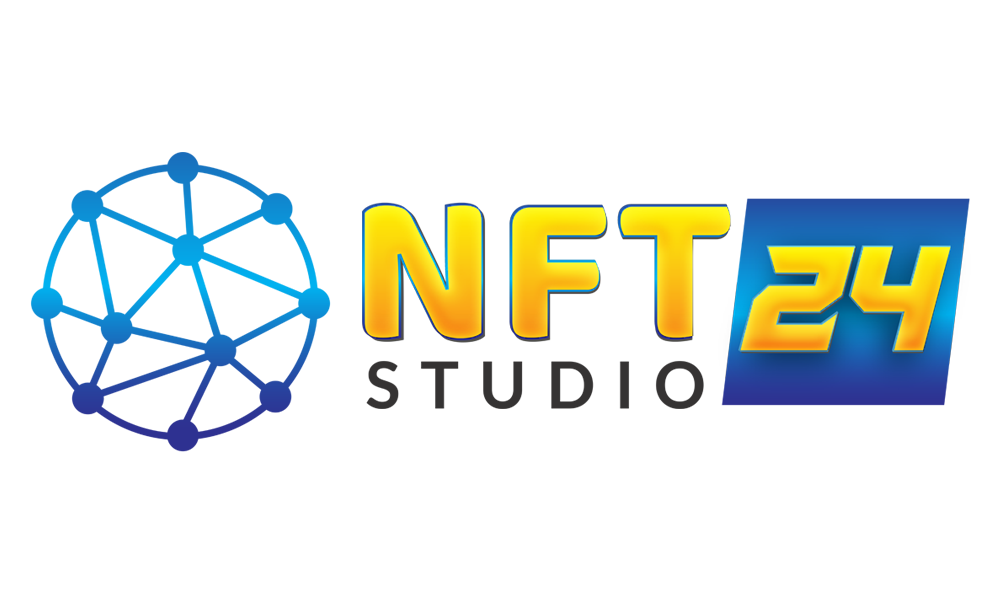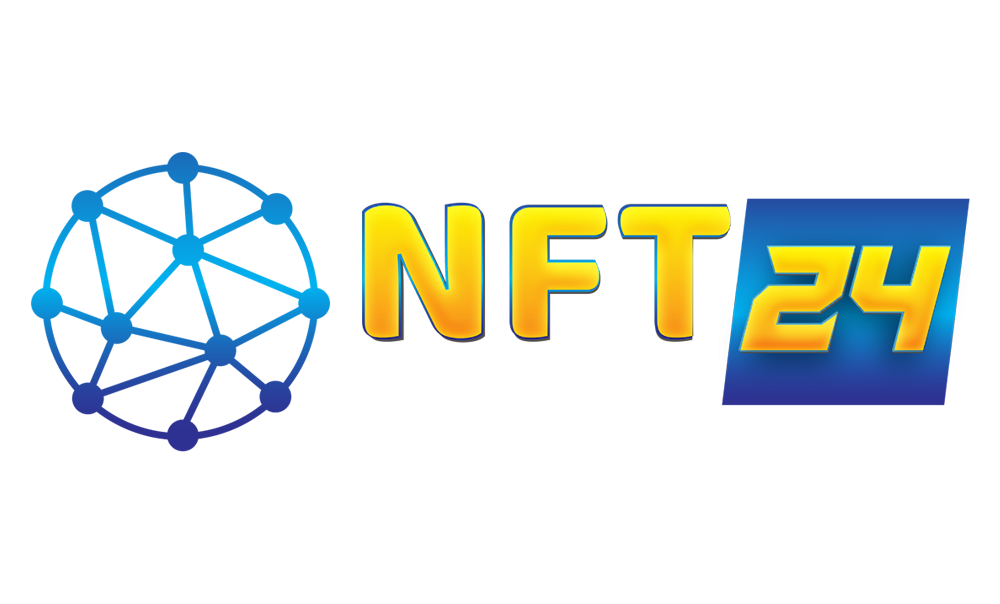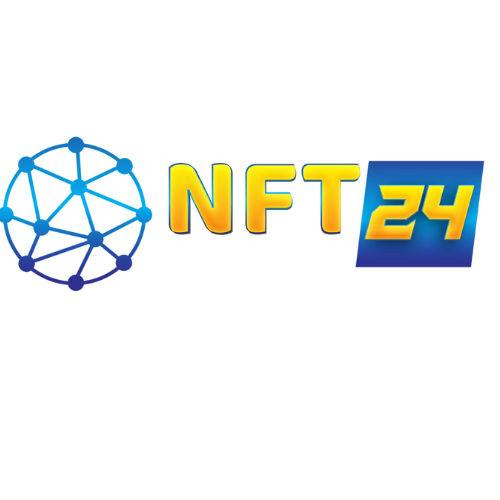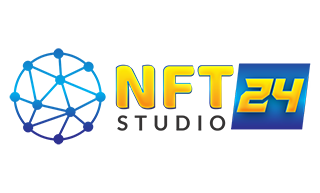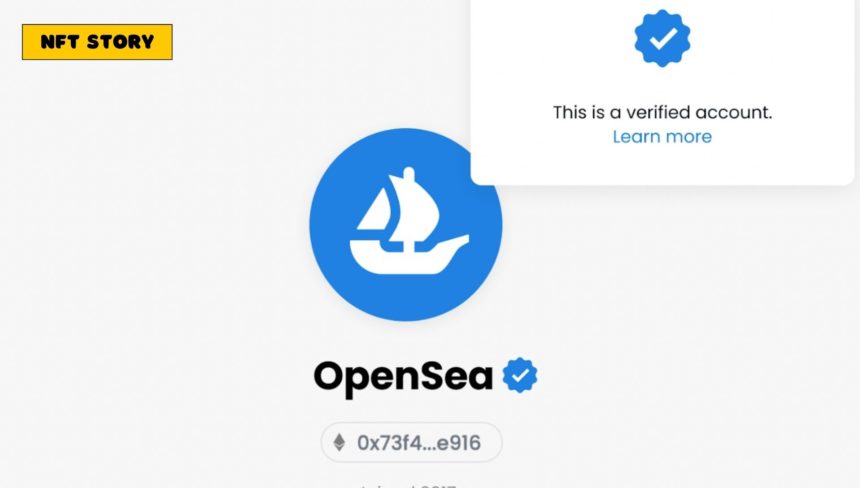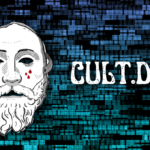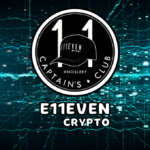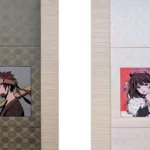OpenSea, the oldest and largest global NFT marketplace, is on a mission to remove copymints and plagiarism risk from its platform by introducing a new two-part copy detection system. OpenSea will use image recognition technology and a human review system to verify new collections and remove existing or new NFT copymints from the marketplace.
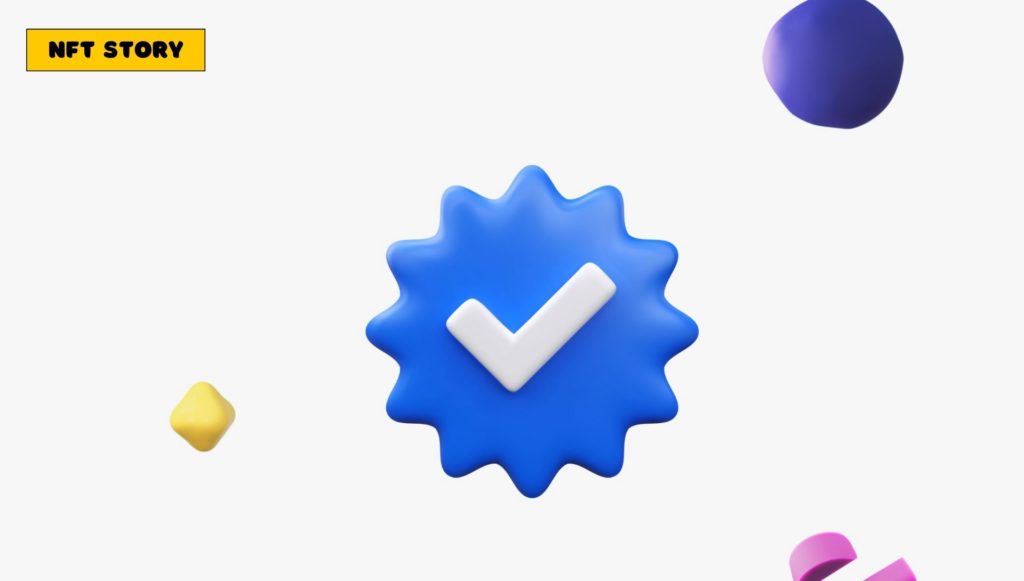
As NFTs continue to grow in popularity, the risk for plagiarism is also increasing. OpenSea has been noticing many copymints on its marketplace. Just last year, it caught two NFT collections that copied the Bored Ape Yacht Club by mirroring the original NFTs.
Since OpenSea allows anyone to mint their NFTs without any restrictions as it aims to empower every small and emerging artist through its platform. However, many con artists are wrongly benefiting from this by creating fake NFTs or copymints of original collections.
Just recently, OpenSea tweeted about removing 80% of items for violations as they were lazily minted through its newly introduced free minting tool.
To cater to this surfacing problem, the marketplace released official blog posts where it announced a unique two-part copy detection feature to prevent copymints on its platform. OpenSea said it will introduce the latest features to maintain its authenticity and credibility as a global NFT marketplace.
The latest update will include:
- Account verification and badging system compulsory for every creator
- An automated system to remove fake NFT mints from the marketplace.
Collection verification system
The badging system will be beneficial for both collectors and creators as it will prevent any financial loss and establish the brand in the marketplace.
The verification system will be done through a two-way authentication. First, OpenSea will use image recognition technology to scan NFTs to see whether it is authentic or mirrored from another NFT. This technology will be quite advanced so no one can escape from plagiarizing content.
In the second step, a support team will look at these NFTs and verify them within 7 days. This means instead of directly minting on the marketplace, OpenSea requires creators to first get their collection verified through a two-way security system.
All in all, the NFT collections with detected plagiarism will be blacklisted from the marketplace.
Account Verification system
The account verification system is the new update from OpenSea that will require creators to verify their accounts through an invite-only application. This means that anyone can mint their NFTs and display them on the marketplace after verification; however, only those accounts with at least 100 ETH trading volume in a collection can get their accounts verified.
OpenSea will send them an application and provide them with a blue verification tick on the profile once it is approved. The marketplace also said it will further the eligibility criteria in the coming months.
The global marketplace has been trying its best to stay authentic in the NFT industry by ensuring user safety through various tools and features. OpenSea recently introduced a verified customer support system to safeguard users from scammers who pretend to be OpenSea employees to access users’ wallets.
The blog post ended with: “We consider these programs and products collectively as OpenSea’s lighthouse – helping protect creators and collectors and ensuring our community can navigate the world of NFTs confidently. Together, we believe these changes simultaneously improve trust in the NFT ecosystem by elevating authentic content and removing plagiarized works.”
OpenSea has already begun its crackdown against copymints and will broaden its scale to further remove any fake NFTs from the platform in the coming weeks.
